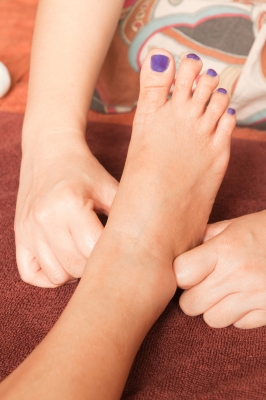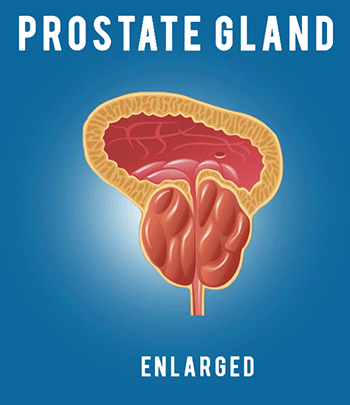Finding A Chiropractor for Rover What to Avoid
Finding A Chiropractor for Rover What to Avoid

Image courtesy of satit_srihin at FreeDigitalPhotos.net
Dogs, just like their owners, can suffer from subluxation. It is therefore not surprising that quite a few specialists have begun to advertise their services as bona fide animal chiropractors. While this is a positive development – after all, it is great that chiropractic care for animals is now available – there is also room for error, and some who hold themselves out to be animal chiropractors really are not. Sure, they may have a rudimentary understanding of veterinary science, but they do not know the fine points of an animal’s anatomy. On the flipside, they may be well versed in human chiropractics, but know little of animal chiropractics. Here are some signs that you have found a practitioner you should avoid:
Finding A Chiropractor for Rover What to Avoid
* The professional you are visiting is not specifically trained in animal chiropractics. This may be either a veterinarian who is dabbling in chiropractics or a human chiropractor who wants to expand her or his clientele. There are bona fide courses of study for those who would engage in this profession, and successful completion is rewarded with a certificate.
* The professional you are visiting does not have any veterinary background. This is oftentimes found in chiropractors who are seeking to train themselves to become animal care providers, but they are lacking the in depth knowledge in the methodology as well as the facts needed to adequate diagnose problems.
* If you find someone who is both trained and also certificated, take a look at their methods. If the professional proceeds to pull the dog’s legs or even the tail, it is a good indicator that she or he is lacking hands on training or expertise, and it is probably best to move on. Avoid those who are good with horses but have never treated a dog before. The same is true the other way round as well. Many animal chiropractors are general practitioners, but some specialize and it is hard to infer knowledge from one species to another.
* If the veterinary chiropractor is content to take your word for the ailment and fails to examine the dog prior to engaging in vertebrae adjustments, it is best to move on. While you know your dog best, a veterinary chiropractor needs to examine the animal to ensure that there are no underlying causes for the change in gait – such as a cracked or broken bone – which could be aggravated by any attempts of manipulation or adjustment.
Speak to your trusted veterinarian to recommend a practitioner. Perhaps friends or family members know of a veterinary chiropractor who is great with certain types of animals, and you can go ahead and make an appointment. Similarly, if you do not know anyone who can make a recommendation, go ahead and contact local dog breeders for suggestions and advise. Last but not least, contact the licensing agencies which certificate animal chiropractors to give you names and phone numbers for practitioners in your area. You will find that finding the right chiropractor for Rover is just as important as finding the right practitioner for you!


